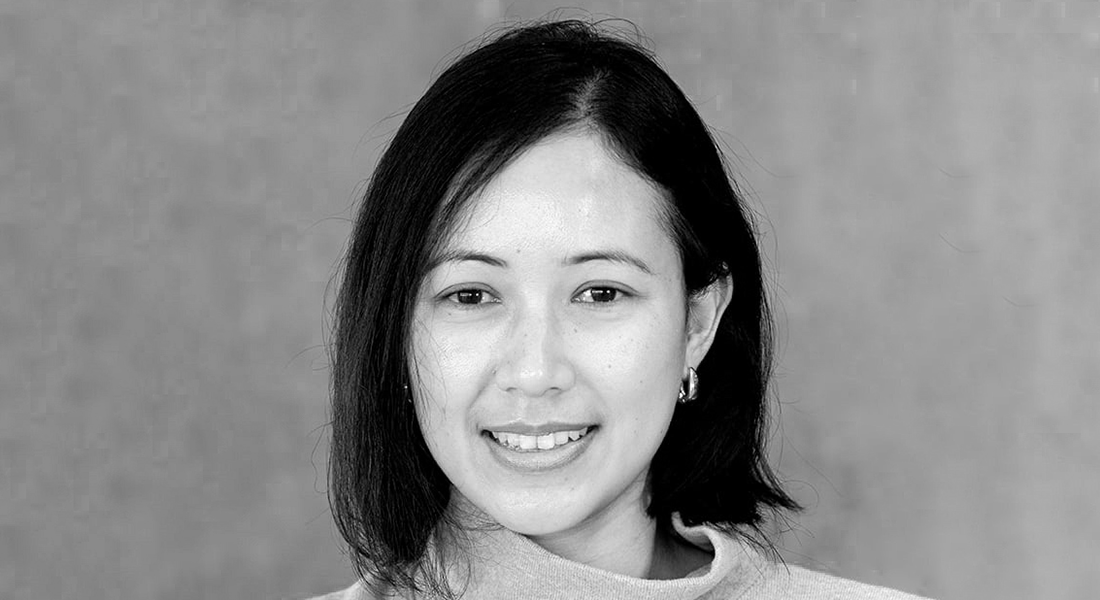Prasansa Subba: How equity and stigma interact with mental health
Meet Prasansa Subba, a postdoctoral fellow at the Global Health Section, University of Copenhagen. In this spotlight, Prasansa presents her mental health research, including the ADVANCE project, where she examines equity and stigma measures and their interaction with mental health in the European setting.

Tell us about your research
I have been engaged in mental health research since 2011. In the past, my research was focused more on developing, adapting, and integrating mental health interventions within the health systems in Nepal. Currently, I am engaged as a postdoc fellow in the ADVANCE project: “Addressing mental health vulnerabilities from adolescence to older age: innovating prevention science for times of change".
The overall aim of this project is to develop and test prevention, promotion and scale up strategies for mental health in the European setting. The strength of this project lies in its co-creation approach, which actively involves end-users throughout the research process. Additionally, it incorporates multidisciplinary strategies to tackle mental health issues. There are seven different work packages and multiple interventions embedded within the project, but my role specifically entails examining equity and stigma measures and their interaction with mental health.
Why is this research important?
The equity and social justice framework recognise that experiences of mental health can be largely impacted by the social, political, and economic systems. Therefore, it is imperative to understand mental health through a broader perspective, rather than solely from a healthcare lens. Traditionally, mental health interventions have focused on building evidence to determine whether an intervention works, with less emphasis on understanding what works, for whom, and under what circumstances. To address these complexities, we plan to employ a participatory mixed methods process evaluation.
We hope the findings from this study will provide valuable insights into how interventions and studies can be designed to promote equity in mental health.
What excites you about your work?
My current research explores mental health prevention and promotion across the lifespan in six European contexts, a significant shift from my previous focus on treatment interventions for perinatal women in low- and middle-income countries. While challenging, this broader scope is an exciting opportunity to deepen my understanding of mental health and promises to be both fulfilling and insightful.
What achievements do you hope to see within your research field 10 years from now?
I hope to contribute to evidence-based strategies for mental health prevention, promotion, and scale-up that integrate into existing systems. I aim to highlight the disproportionate impact on certain communities, emphasising equity in designing interventions. Ultimately, I envision mental health recognised as a development priority, addressed through intersectoral collaboration to overcome stigma and systemic barriers.
What advice do you have for junior researchers in global health?
I firmly believe that an interdisciplinary approach is the way forward. Engaging in dialogue with people from diverse disciplines is an incredibly enriching experience—it broadens our perspectives and fosters creative thinking. Another important lesson I’ve learned is that we can often be too hard on ourselves, placing immense pressure to learn and master everything. This mindset can lead to struggles with imposter syndrome. Over time, I’ve come to embrace my limitations, openly discuss them, and seek help when needed. This is the true beauty of collaboration: complementing one another’s strengths to achieve shared goals. Investing in expanding your professional networks early can be a valuable step toward fostering such collaborations.
What is your favourite source of global health inspiration and knowledge?
For me, nothing compares to the experience of field visits, engaging in discussions with stakeholders, and having insightful conversations with colleagues—they are my greatest sources of inspiration.
Contact
Prasansa Subba
Postdoctoral fellow at the Global Health Section, University of Copenhagen
